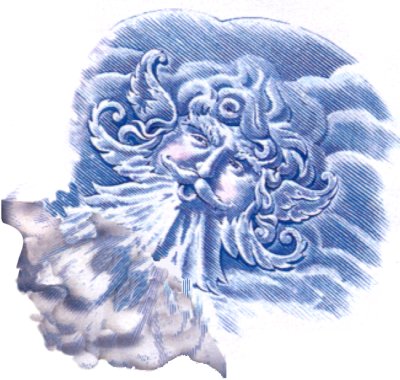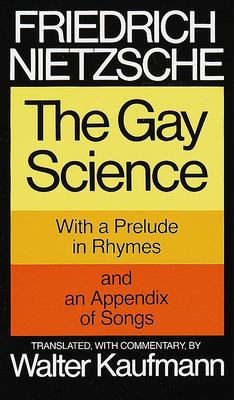Unverzagt
Wo du stehst grab tief hinein!
Drunten ist die Quelle!
Lass die dunklen Männer schrein:
"Stets ist drunten – Hölle!"
–Friedrich Nietzsche
This dark piece of work that Nietzsche has written definitely a parergon to his overall work. The first line sets the mood for this dark prose. The speaker asks where one stays deep in the grave. Then the second line says that below is the source. My guess is that when the speaker states "below" he is referring to hell. Hinting the last word in the poem being hell. He then goes on to say let the dark men cry in the third line. I believe that the speaker is referring to those who have a dark soul or no soul at all. The final line says we always have, in hell.
What this poem is saying to me overall is that the speaker is asking where the soulless men go, such as atheists. They are stating that these men will end up in hell. This is coming from a religious specter. I feel the Nietzsche was poking fun at this thought, mainly because it is dark but it is dark humor. Later on in "The Gay Science" I feel that this poem will speak true of the true humor Nietzsche has behind it.
Continuing onto the English translation...
Undaunted
Where you stand, dig deep and pry!
Down there is the well.
Let the obscurantists cry:
"Down there's only – hell!"
–Friedrich Nietzsche translated by Walter Kaufmann
Yet again I feel that this poem speaks entirely different to me in English than what I understood in German. I feel now that the speaker is actually not a follower of God because of the word choice "obscurantists". I look at the well being a thirst for knowledge and learning the truth about religion. Challenging religious thought and digging deep into the well of knowledge. The obscurantists say this thought will only lead you onto a path to hell. Reflecting upon the obscurantists mind the speaker is the opposite way of their style of thinking and thought therefore it must be the work of Lucifer.


